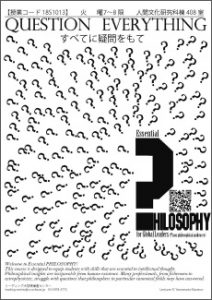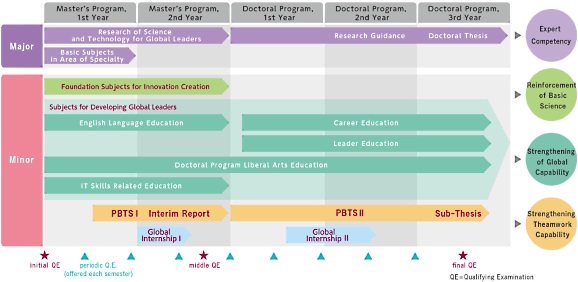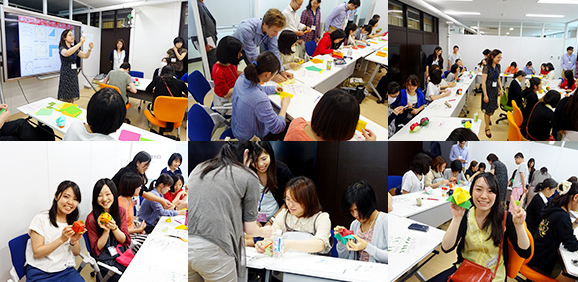Class List of Fall Semester 2019
“Essential Philosophy for Global Leaders” will begin on October 1. This class is designed as one of the Doctoral Program Liberal Arts for “Minor Course of Science and Technology for Global Leaders”. The class is open to all master’s & doctoral students who want to be active in the international community no matter which major/minor course they belong to. The lecture will be conducted in English.
Theme & Objective
Key themes:
– Historical and contemporary relevance of philosophy
– Integrating philosophy in other fields
– Philosopher’s public role
Objectives:
– To recognize philosophy as scientifically meaningful and socially useful
– To counterbalance the old and new in our understanding of philosophy
– To reflect on the general and technical roles of philosophy
– To integrate philosophy in your discipline
– To educe personal philosophy and leadership
Message to Students
 Welcome to Essential PHILOSOPHY!
Welcome to Essential PHILOSOPHY!
This course is designed to equip students with skills that are essential to intellectual thought. Non-philosophic audiences, from fishermen to astrophysicists, struggle with cruxes that philosophers in a particular canonical field work on. Philosophic insights are inseparable from human existence and its applications are numerous, whether in design, programming, communications, toxicology, policy etc.
Classes will consist of short and clear lectures combined with discussions and lively debates.
This course will be conducted in the simplest possible English.
Lecture Outline
| Subject |
|---|
| Essential Philosophy for Global Leaders [19S1013] |
| Number of Credits |
| 2.0 |
| Instructor |
| RAVENOR-YAMAMOTO, Roxanna (Project Lecturer of Ochanomizu University) |
| Target Audience |
| Graduate Students Undergraduate students can also attend. |
| Location |
| Graduate School of Humanities & Sciences Building R408 |
| Date & Time |
| Tuesday, Period 7-8 (15:00-16:30) Year 2019 October 1, 8, 15, 29 November 5, 12, 19, 26 December 3, 10, 17, 24 Year 2020 January 7, 14, 21 |
| Lecture Plan |
|
| Out-of-class Learning |
| Apart from the time students will invest in their final presentation, this course requires no learning time outside the classroom. Students are encouraged to dedicate as little/much time outside the class as they deem necessary to fulfil their personal philosophy-related aims. |
| Textbook/Reference |
| Recommended readings: Plato. (any edition). The Republic Schopenhauer, A. 1966. The World as Will and Representation |
Registration
Registration Period: Tue., October 1 through Mon., October 14
If you cannot register during above period, please contact Academic Affairs Office in Student Affairs Building.
*For undergraduate students, please contact Leading Graduate School Promotion Center.
Contact
Ochanomizu University Leading Graduate School Promotion Center
Tel: 03-5978-5775
E-mail:





